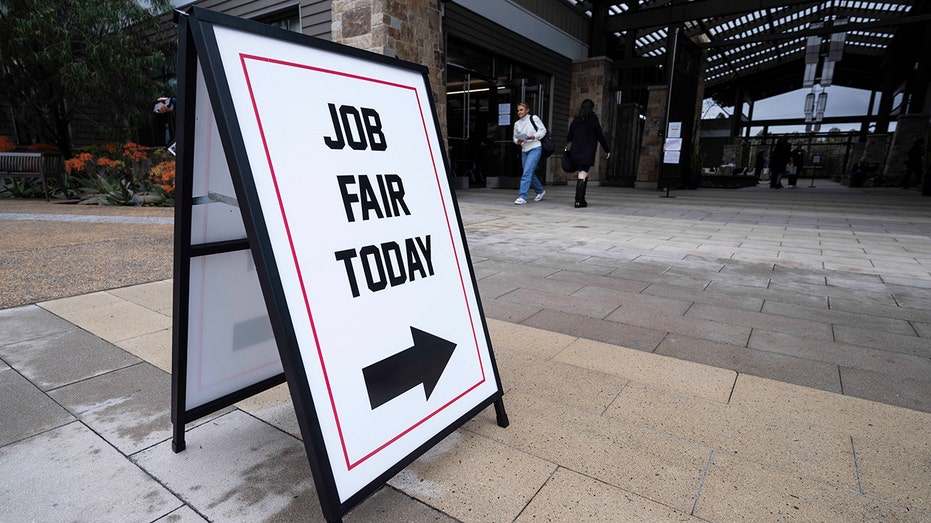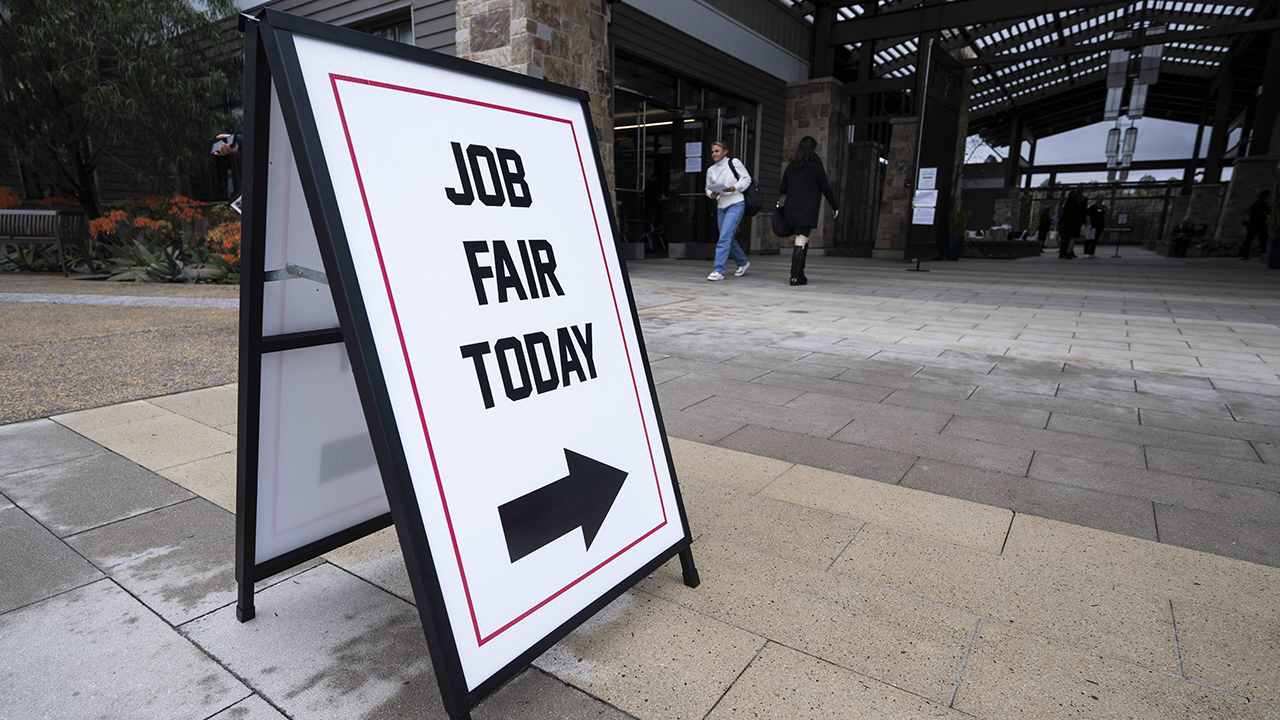White-collar workers are struggling to find jobs as the labor market slows
Hiring rate for high-income employees falls to lowest level since 2014
Jobs numbers weaker than expected for April
Jack Otter and the ‘Barron’s Roundtable’ panel discuss how there were fewer jobs added than expected in April.
The U.S. labor market is cooling off after months of rapid job gains, but some workers are feeling the slowdown more than others.
Recent data published by Vanguard shows demand for higher-income employees is waning, painting a picture of a two-tier job market that has seen hiring flourish for blue-collar workers and languish for white-collar workers.
Among the lowest-income earners — those making less than $55,000 annually — the hiring rate has remained above pre-pandemic levels, at 1.5%. But hiring for those who earn more than $96,000 has slowed to just 0.5%, less than half the peak it hit in mid-2022, according to the report, which is based on new enrollments in Vanguard's 401(k) plans.
It marks the slowest hiring rate for high-income workers since 2014, excluding a major drop during the pandemic.
JOB OPENINGS UNEXPECTEDLY DROP TO LOWEST LEVEL IN 3 YEARS

More than 75 employers were taking resumes and talking to prospective new hires at a career fair in Lake Forest, Calif., Feb. 21, 2024. (Paul Bersebach/MediaNews Group/Orange County Register via Getty Images / Getty Images)
"This is partly a reflection of lower-paying service industries still trying to recover from the COVID shock, a challenge since many of those workers have transitioned to higher-paying opportunities," said Adam Schickling, a senior Vanguard economist.
There are several reasons companies are hiring so few white-collar workers right now.
THE NUMBER OF HIGH-PAYING JOBS IS DWINDLING
Some businesses, like tech companies, went on a hiring binge during the pandemic, Julia Pollak, the chief economist at ZipRecruiter, told FOX Business. But as the economy normalized and Americans returned to in-person activities, those companies laid off a slew of workers and stopped hiring new ones.
Tech companies slashed more than 47,000 jobs in April, a 58% decrease from the nearly 114,000 cuts announced during the same period the previous year, according to a separate analysis conducted by Challenger, Gray & Christmas.
"It does appear to be a bit of a rolling recession in the economy, with white-collar fields overall not contracting, but being very flaccid, so things [aren't] growing either," Pollak said. "There's some white-collar stagnation."

Attendees at a career fair at a community college in Bolivia, N.C., April 20, 2023. (Allison Joyce/Bloomberg via Getty Images / Getty Images)
High interest rates are also forcing some companies to put riskier investments on hold. Hiring is unlikely to pick up again until the Federal Reserve reduces rates from the current 23-year high, she said. Central bank officials have indicated that rate cuts will begin later this year but cautioned they need to see more evidence that inflation is returning to their 2% target.
Another reason for the pullback in hiring is that many Americans with high-paying jobs are choosing to stay put.
"Part of that is for good reasons: the increase in flexible, remote work. When specific companies switch jobs from being in office to remote, attrition often falls by 30% or more. So, we're seeing companies sort of now reap the retention benefits of more flexible work," Pollak said.
Arthur Herman warns of threat coming to white-collar workers
Hudson Institute senior fellow Arthur Herman discusses Microsoft's investment in ChatGPT maker, the threat of AI programs to future jobs and the impact of AI on national security.
GET FOX BUSINESS ON THE GO BY CLICKING HERE
The labor market has remained historically tight over the past year, defying economists' expectations for a slowdown. Economists anticipate the labor market will continue to cool in coming months as higher interest rates work their way through the economy.
The Federal Reserve raised interest rates 11 times beginning in March 2022 in an effort to rein in inflation and cool the labor market. Policymakers have suggested that fast wage growth, the product of a strong labor market, was a contributing factor to the inflation crisis that ravaged millions of Americans' pocketbooks over the past few years.






















